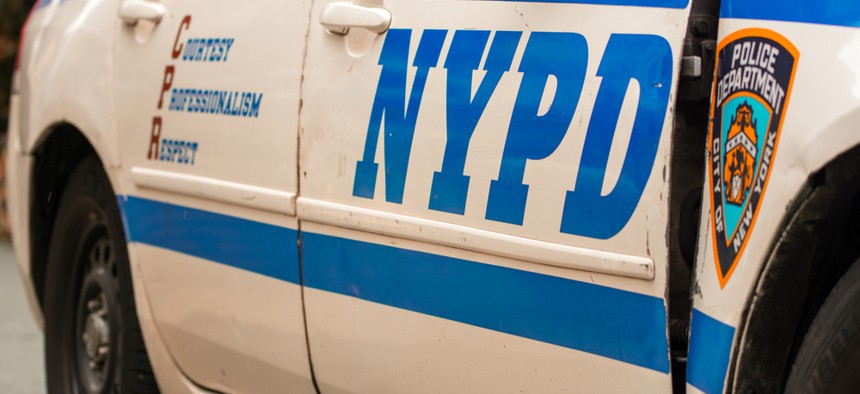How Much Money Is NYC Losing in Its Policing Slowdown?

pisaphotography / Shutterstock.com
Those parking ticket fines add up.
New York has become a city virtually without parking tickets. Since the assassination-style deaths of New York Police Department officers Rafael Ramos and Wenjian Liu, officers in the city have all but stopped issuing tickets for small offenses, such as jumping subway turnstiles and parking when street-cleaning rules are in effect. It's an apparent protest against Mayor Bill De Blasio, who angered police unions when he spoke out in support of demonstrations criticizing police tactics. Since the shootings of the officers—for which police unions have blamed De Blasio—tensions between the mayor and his police force have not eased. Officers continually turn their backs to De Blasio when he speaks in public.
The results of the slowdown in police work have been dramatic. The New York Times reports that in a one-week period, criminal summonses were down 4,077 from the same period last year. Parking violations were down by 14,800.
For now, the slowdown is hurting the city more than its citizens. Parking tickets are big money for urban government, especially one the size of New York's. In 2013, Crain's New York reported that the city took in around $550 million from parking violations. The city's Independent Budget Office told The Times that parking revenue usually averages about $10.5 million a week. Tickets are down 93 percent, which means the city is losing about $9 million a week in parking tickets alone.
Tickets are such a pervasive fact of life that many businesses, like FedEx and UPS, factor them into their operating expenses. According to Crain's, as much as 30 percent of all NYC parking tickets go to commercial operators.
It's unclear if the slowdown is the result of a coordinated effort by the police unions, or if officers are operating on their own discretion. Though The Times notes a slight increase in robberies and murders, it's also unclear whether the move is having an effect on the rate of more serious crimes. If the slowdown continues, it will serve as a field experiment testing the city's "broken windows" theory of enforcement—the belief that if officers are vigilant on the little crimes, like jumping turnstiles, the more violent crimes will abate as well.
The missing parking dollars are just a drop in the city's $76.9 billion operating budget. And the government is still reaping money from traffic violations: As the following chart from the city's Independent Budget Office shows, automatic red-light and speeding cameras make up a big portion of traffic tickets. Machines don't participate in police protests.

(Top image by pisaphotography / Shutterstock.com)






